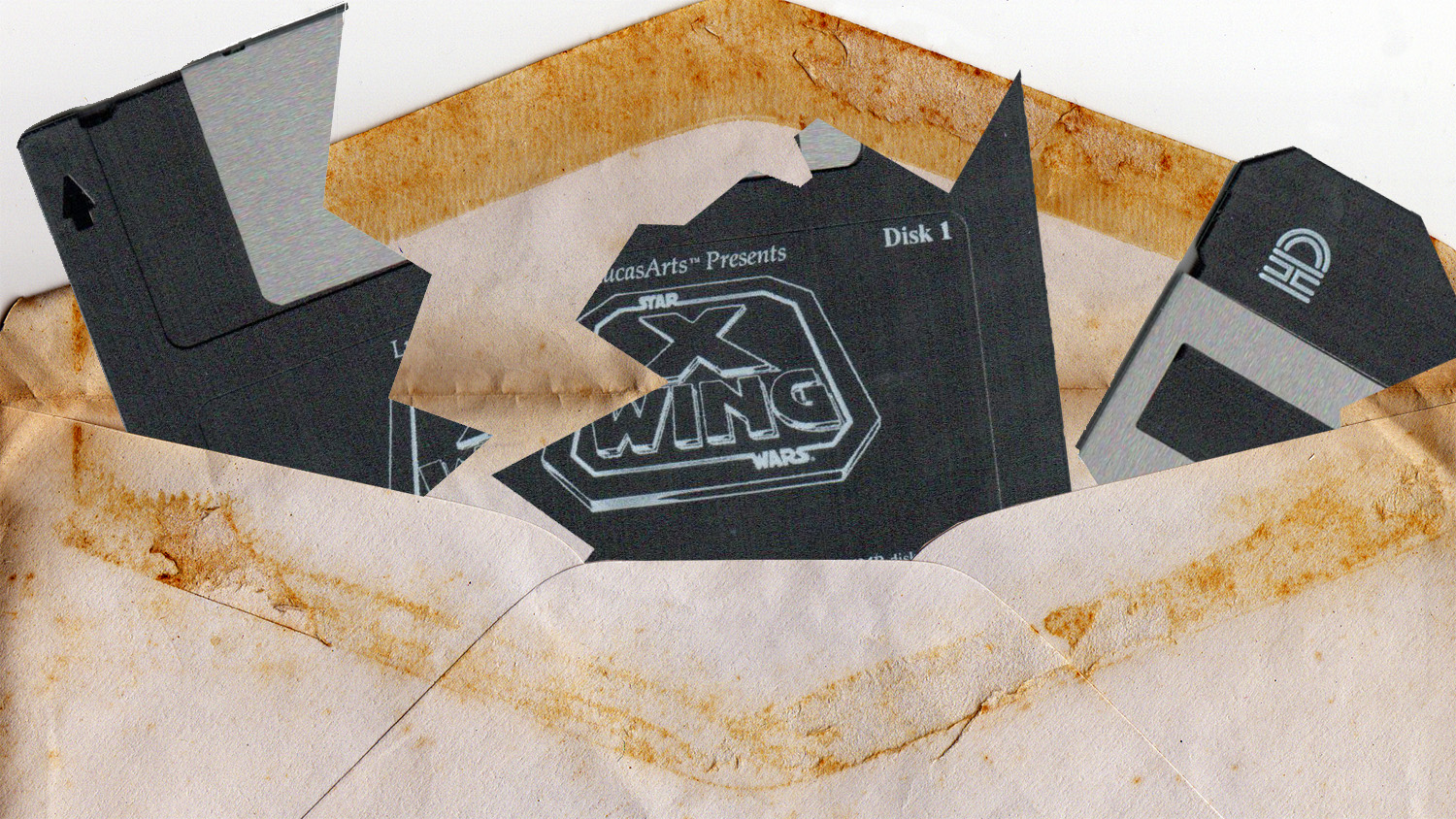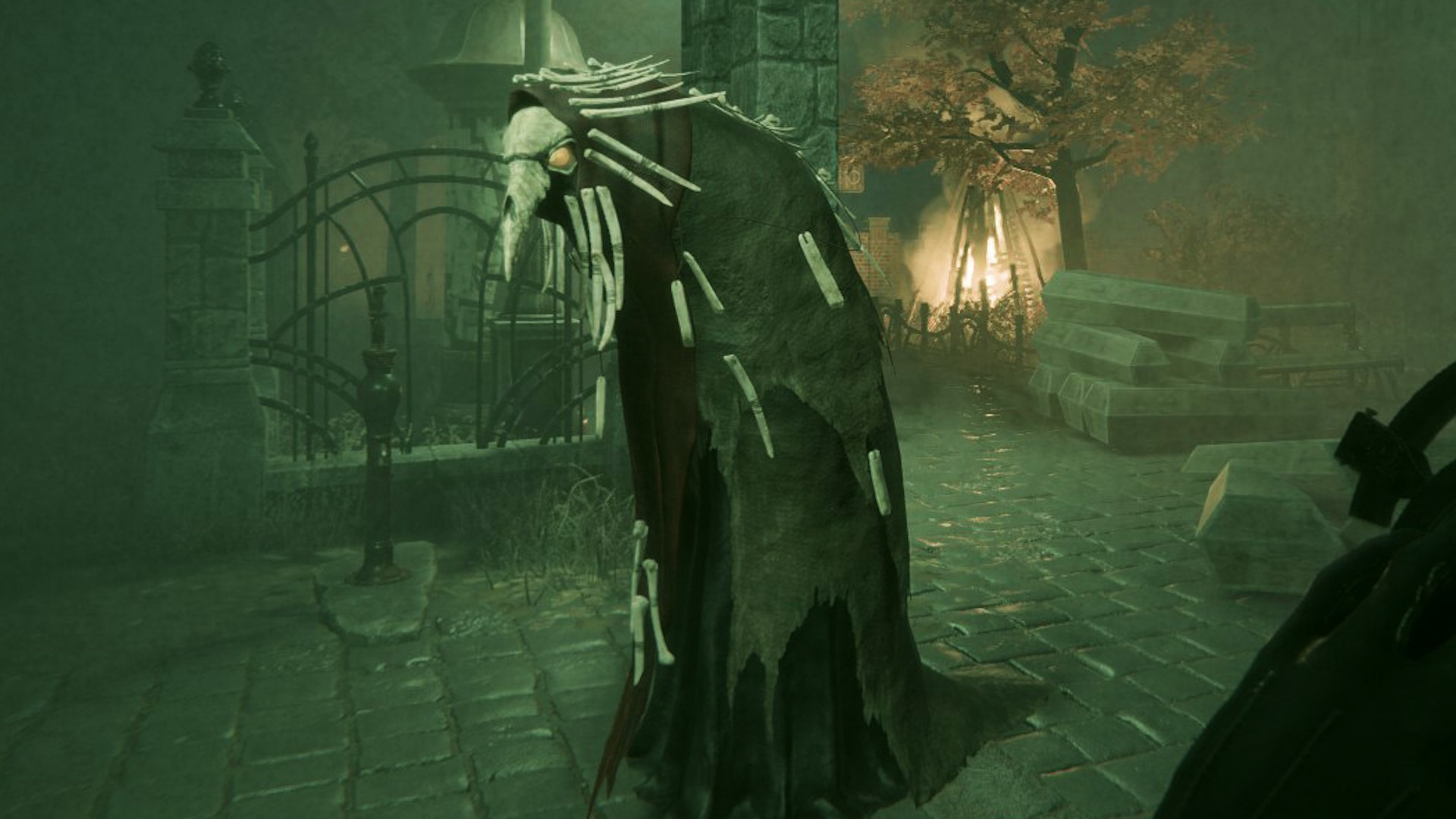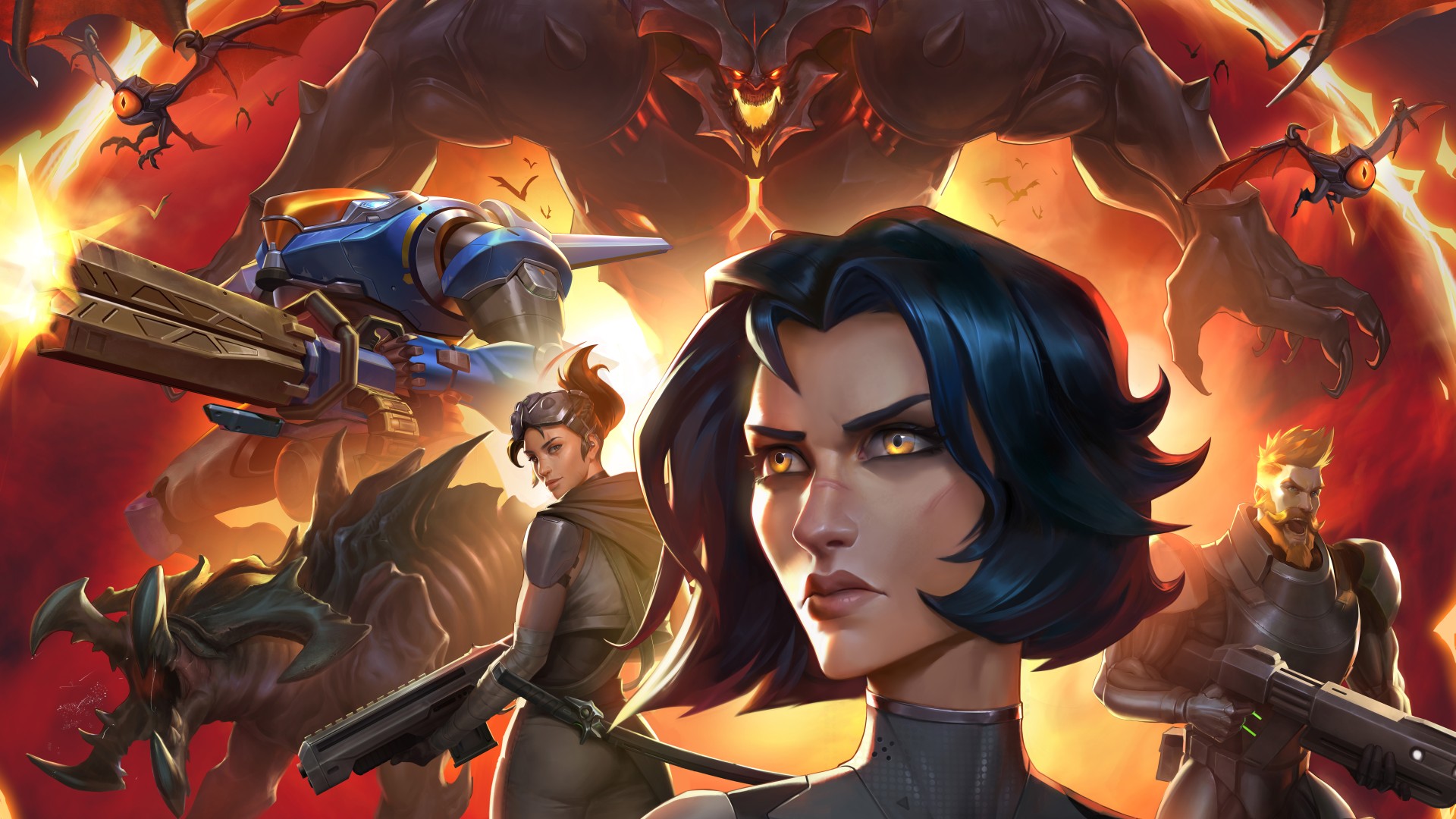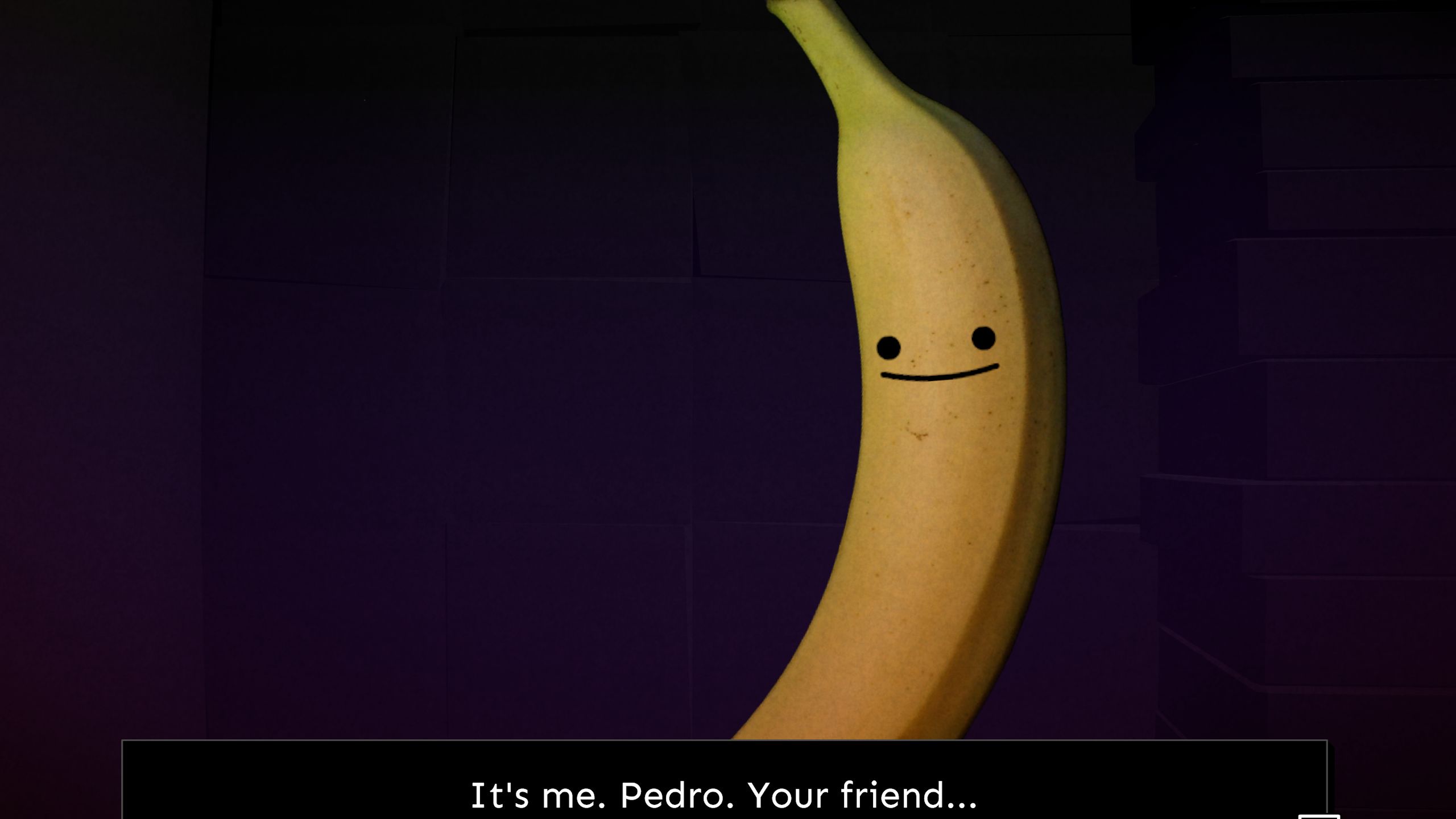
Voicing your displeasure over game balance was a lot harder back in the day.
Today’s Star Wars games are built for a broad spectrum of players to enjoy—2023’s Jedi: Survivor, for example, features challenging combat but is otherwise an easy to grasp third person action game. That wasn’t how Star Wars rolled in the early 1990s. Before George Lucas’s prequel trilogy brought the films back into the mainstream, game developers largely had free reign to adapt Star Wars however they saw fit. And on PC, LucasArts saw fit to make some seriously hardcore space flight sims.
“The X-Wing series chose a serious approach to being space combat simulators,” said David Wessman in a retrospective at last week’s Game Developers Conference. Wessman was one of the two main mission designers on 1993’s X-Wing and its expansions and sequels, including the beloved TIE Fighter (1994) and X-Wing Alliance (1999). “I’m sort of a nerd,” Wessman joked, which led to him researching flight combat and naval operations, and pulling ideas from contemporary Star Wars wargames and pen-and-paper RPG sourcebooks.
“Anything that I thought would make the game feel more authentic, more immersive,” he said. “While other games offered the fantasy of being a star fighter pilot, they were really action games with a space combat theme. The X-Wing games required players to develop the skills a real combat pilot needed: energy management, situational awareness.”
That approach was actually a natural extension of the development team’s previous game Secret Weapons of the Luftwaffe, a WW2 flight sim. While LucasArts published Luftwaffe and the X-Wing series, the flight sims were all developed by Totally Games, a scrappy studio located just down the road from Skywalker Ranch in San Rafael, California.
Totally Games founder Lawrence Holland talked to PC Gamer at length for our oral history on the making of TIE Fighter and mentioned that the original X-Wing was a complex game, with missions that weren’t always intuitive—but he didn’t share the player reaction that Wessman remembered getting when the first X-Wing game was released.
“It was too hard. Really hard,” Wessman said. “We made the classic rookie mistake of tuning the difficulty to our own skill level, and we were really good at the game. Because there were no cheats, no get out of jail free cards, you either beat the mission or you were done. Unfortunately mission four, Protect Medical Frigate—that’s one of mine—we got a lot of angry letters [about that one]. One guy got so mad, he took it to the next level: he chopped the floppies up into little pieces. Ouch.”
[Editor’s note: I also hated that mission. Escort missions always suck, but that one sucked the most. —Chris L]
Looking back at old Newsgroups posts from that era, which predated social media and message boards as we know them today, there are quaint signs that, yep, X-Wing was pretty tough.
“Are there any ‘cheats’ or editors out there that would help you complete tough missions and will work with the CD version?” asked Matt Tinaglia on alt.games.x-wing of Atlanta, Georgia in March 1995. “Any x-wing gurus out there that can give me some advice to handle incoming missiles?” asked Tim Waldowski in May 1996.
Over on rec.arts.sf.starwars.games in May 1995, Richard R Roberts had some advice for a player who was stuck on Wessman’s Medical Frigate mission. “I’m assuming your trying to get past Tour 1, mission 4…..” he wrote. “Well I’ve learned a trick from a friend, but it’s sort of cheating.” (If you want to read a lengthy 1995 debate about which was better, X-Wing or TIE Fighter, of course that exists, too. Truly nothing changes on the internet).
(Image credit: Future)
Totally Games learned quite a few lessons from X-Wing: the story was too linear, making it easy to get stuck, there were no save points in the overly long missions, and objectives couldn’t be updated mid-mission, so players could spend a while fruitlessly flying around before realizing they’d already lost. Those were all problems they tackled with TIE Fighter, which is one reason it’s remembered so much more fondly. And as Lary Holland told us, it simply “had a cooler story to tell.”
If anyone chopped up a copy of TIE Fighter and mailed it in, Wessman didn’t mention it.



